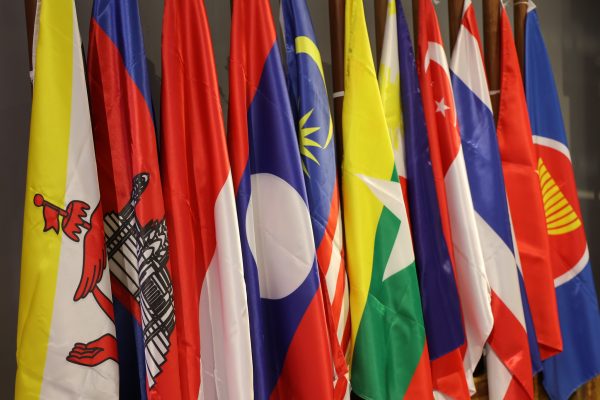
Global NATO Takes Shape Ahead of US-ASEAN Meet
['Japan', 'ASEAN', 'democracy', 'West', 'NATO']
Democracies on the edge in Southeast Asia likely face difficult choices in the years to come.
Global NATO Takes Shape Ahead of US-ASEAN Meet
Britain's Foreign Secretary Liz Truss set the cat among the pigeons last week when she suggested that NATO should seek to boost security in the Indo-Pacific region by working with allies like Japan and Australia, and within groups like ASEAN. For cheerleaders of the re-energized Quad, the recent formation of the AUKUS security pact, and a division of the geopolitical world between democracies and authoritarianism, her remarks were a welcome endorsement of an expansion of the West's Indo-Pacific strategy. "NATO must have a global outlook, ready to tackle global threats," Truss said. Ever since the West began turning on China in the mid-2010s, the 10 ASEAN members have been pressured into choosing between the West or China, and have recently withdrawn with more of a focus on the economic and political problems at home. An Indo-Pacific NATO strategy was emerging by late 2020, when the first NATO Foreign Ministerial Meeting with Australia, Japan, South Korea, and New Zealand was held, and it's a strategy that has only gained credibility following Russia's invasion of Ukraine. Washington has also made it known that ASEAN members are welcome to join the Quad alongside the U.S., Australia, India, and Japan, though there will be conditions. Singapore co-signed the U.N. resolution condemning Russia's invasion alongside Cambodia, and will likely block Timor-Leste's bid for ASEAN membership because of Dili's growing ties with China. On Monday, Japan and Thailand announced plans for an upgrade in economic relations and a new defense agreement, which would enable defense hardware and technology transfers from Japan and they also noted Tokyo's "Long history of ties with the United States military."